Publications
Articles, publications, books, tools and multimedia features from the U.S. Institute of Peace provide the latest news, analysis, research findings, practitioner guides and reports, all related to the conflict zones and issues that are at the center of the Institute’s work to prevent and reduce violent conflict.
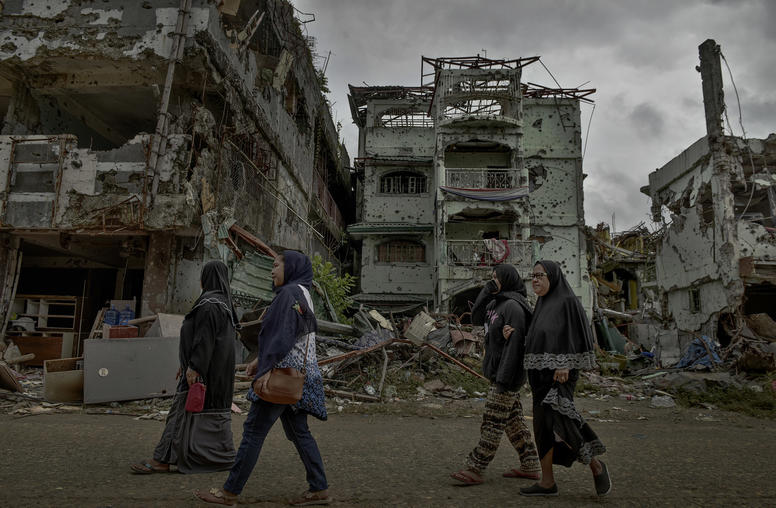
Examining Local Grievances and Militant Groups in the Southern Philippines
The 2017 Marawi siege was devastating for my city and its people. For five long months, Dawlah Islamiyah, known locally as the Maute-ISIS group, battled the Armed Forces of the Philippines (AFP), resulting in the displacement of more than 300,000 people. Large parts of Marawi remain uninhabitable to this day. As a result, many of the city’s residents are forced to live in camps for internally displaced persons (IDPs) almost five years since the end of the siege.
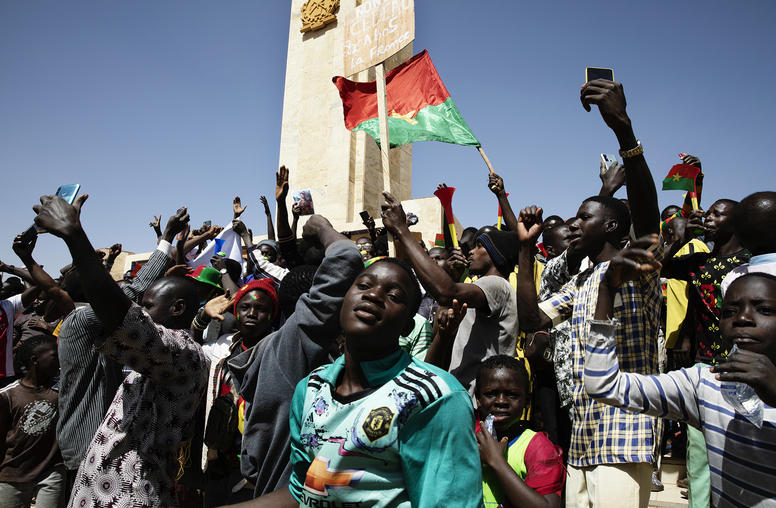
A Sixth Coup in Africa? The West Needs to Up Its Game.
The government of Guinea-Bissau says it survived an attempted coup d’état yesterday, just days after Burkina Faso suffered the fifth coup in nine months around the greater Sahel. These upheavals cement this African region as the most pronounced center of a global crisis: Poor and authoritarian governance is breeding extremism and transnational criminality, igniting violence and undermining efforts to build democracies. Following last year’s military power grabs in Chad, Mali, Guinea and Sudan, the new crises highlight widening risks to security — for the 135 million people of the Sahel region, and ultimately for Europe and the United States. They also point to changes needed in U.S. and international policies.
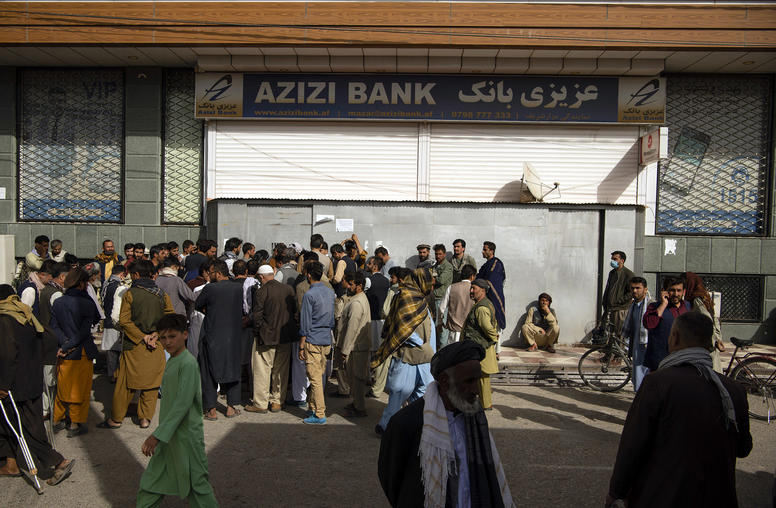
Taliban Are Collecting Revenue — But How Are They Spending It?
Although economic and humanitarian conditions in Afghanistan continue to deteriorate, the Taliban have taken some positive steps toward financial stability by publishing a fiscally responsible three-month budget and raising considerable amounts of domestic revenue — especially through customs duties, which have risen with a crackdown on corruption.
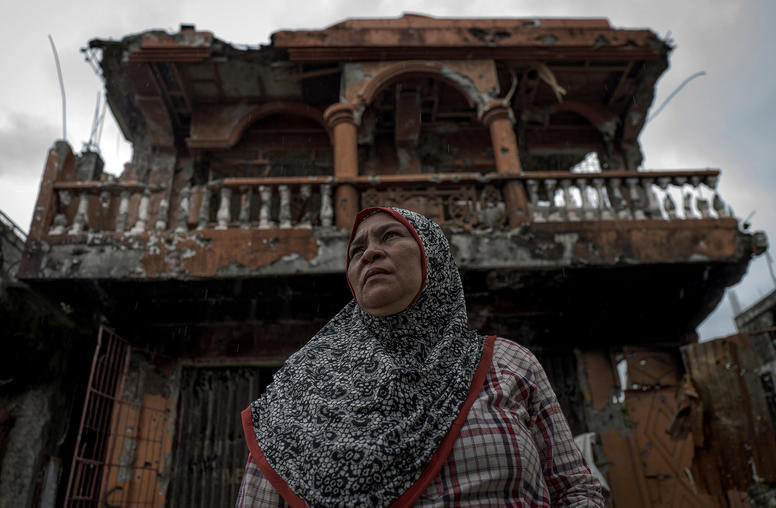
Examining Women’s Critical Role in Peacebuilding in the Southern Philippines
Peace is the new battle cry for the island of Mindanao. Situated in the southern Philippines, the region is among the poorest in the nation despite natural resources and promising agrarian assets. Mindanao is also prone to calamities, from clashes between the military and armed groups and violent clan feuds to seasonal natural disasters, that regularly displace entire communities. These unrelenting disruptions to our social, political and economic lives have impacted generations.
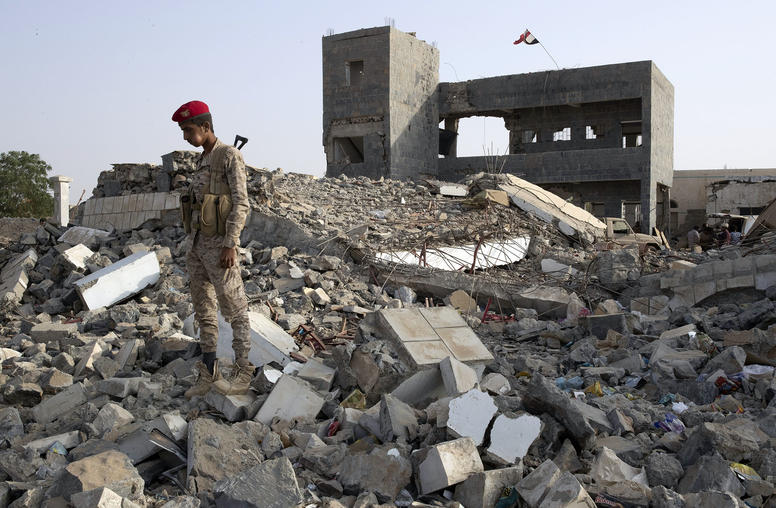
Houthi Offensive ‘Primary Obstacle’ to Peace in Yemen, Says U.S. Special Envoy Lenderking
The Biden administration’s diplomatic efforts toward ending the war in Yemen are yielding international consensus on the need for a cease-fire and a more inclusive peace process, U.S. Special Envoy for Yemen Timothy Lenderking said on February 8. However, Lenderking added, a military offensive by Houthi rebels is a major obstacle to those peace efforts.
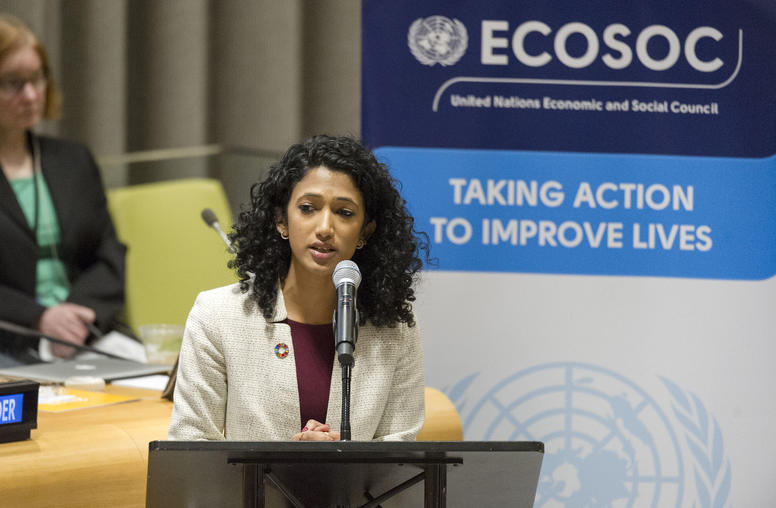
Youth Leadership in Peacebuilding: A Catalyst for Advancing U.N. Sustainable Development Goal 16
When U.N. Sustainable Development Goal 16 (SDG 16) was adopted in 2015, it was envisioned as a framework for countries experiencing unrest to build peace and promote justice through strong institutions. Efforts have been made at different levels to make this goal a reality, but the outlook is not encouraging. The latest report from the U.N. found over 80 million people had fled war, persecution and conflict in 2020, the highest ever recorded. And every day, 100 people — including women and children — are killed in armed conflicts. With these grim figures and the end-of-decade deadline for SDG16 rapidly approaching, there should be a concerted effort to engage with youth leadership to help get SDG 16 back on track.
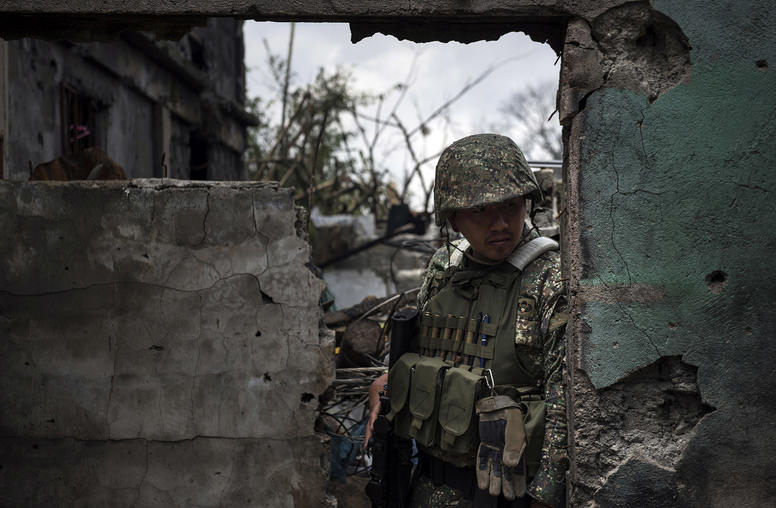
Examining the Military’s Soft Power Challenge in the Southern Philippines
This is a moment of both real and potential transition for the AFP, as the prospect of sustainable peace in the Bangsamoro Autonomous Region in Muslim Mindanao (BARMM) and at least wearying of non-state threats could enable a transition in force posture from a focus on internal security operations to broader regional defense.
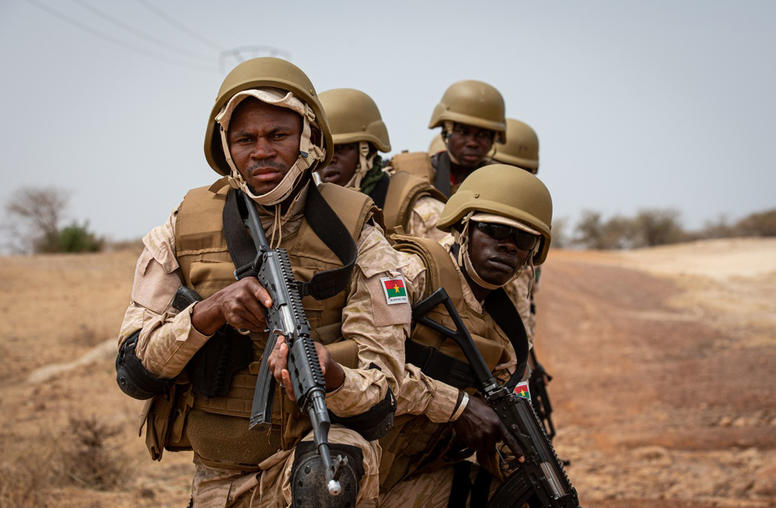
Countering Coups: How to Prevent Armed Seizures of Power
Armies have seized power in five states of the greater Sahel over nine months, cementing this African region as the most pronounced center of a global crisis. The Sahel’s military coups d’état are an acute symptom of poor and authoritarian governance that is breeding extremism and transnational criminality, igniting violence and undermining efforts to build democracies. These crises highlight widening security risks for the Sahel’s 135 million people and ultimately for Europe and the United States. Congress has begun urgently needed policy changes that analysts say should now be accelerated to prevent further coups and to buttress stability and democracy.
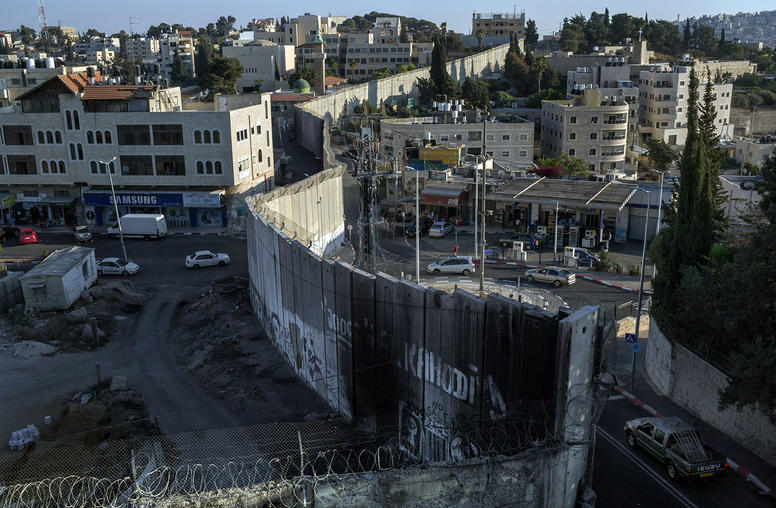
The Israeli-Palestinian Conflict: The Danger of ‘No Solution’ Messaging
Israeli Prime Minister Naftali Bennett has made it clear that he has no interest in reviving the Israeli-Palestinian peace process. In a recent interview, he affirmed his longstanding position that he “opposes a Palestinian state and will not allow talks on the line of a Palestinian state.” Echoing Bennett, Israel’s more moderate Alternate Prime Minister Yair Lapid — set to take over in August 2023 — says he, too, will not seek peace talks once he takes office, despite his stated support for a two-state solution.
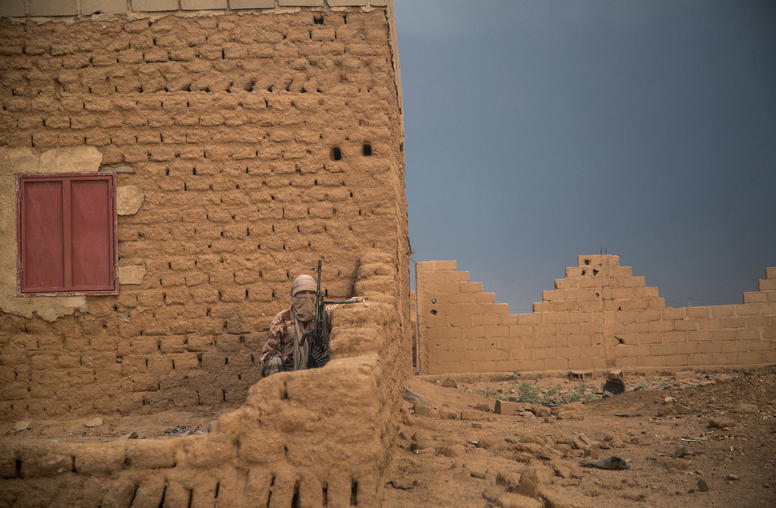
Community-Based Armed Groups: A Problem or Solution?
The RESOLVE Network’s multiyear research on Community-Based Armed Groups (CBAGs) has established critical findings for the international community on how to engage, manage and transform violent actors in conflict-affected states. While mitigation efforts tend to target anti-state extremist organizations, understanding the behavior of CBAGs is essential for comprehending complex conflict ecosystems and reassessing approaches toward peace and stability.